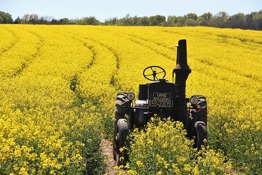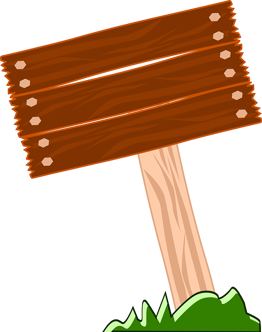Cherry Picking at Kfar Etzion
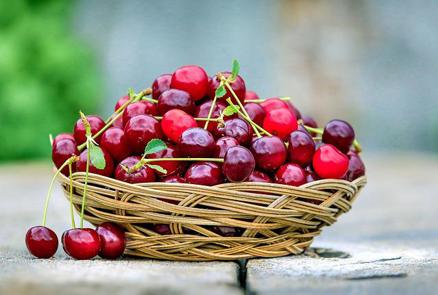
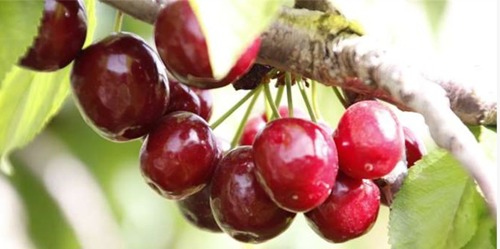
From the Kfar Etzion Field School website
Question:
I saw an ad that Beit Sefer Sadeh (field school) Kfar Etzion is inviting people for cherry-picking in an area between the kibbutz and Gush Etzion juncture from May to June. Admission is NIS 29 per person, and you can eat as many cherries as you want onsite. You can also pick cherries and pay for the cherries you take home.
Every year I take my family there. It connects us to nature, to the Land of Israel, and to the settlement of Judah and Samaria, while helping religious farmers. This year is shemitah. Their site employed heter mechirah through the Chief Rabbinate of cherry orchards. My question is as follows: I thought that even after there is heter mechirah, the four Torah prohibitions are permitted by a non-Jew only, and harvest is one of them. Would I be allowed to participate?
Answer:
Whoever does not rely on heter mechirah should not go, since rabbinically forbidden actions are performed to enhance the trees (avruyei ilana), and thus would be shamur and ne'evad (protected and worked in a forbidden fashion).
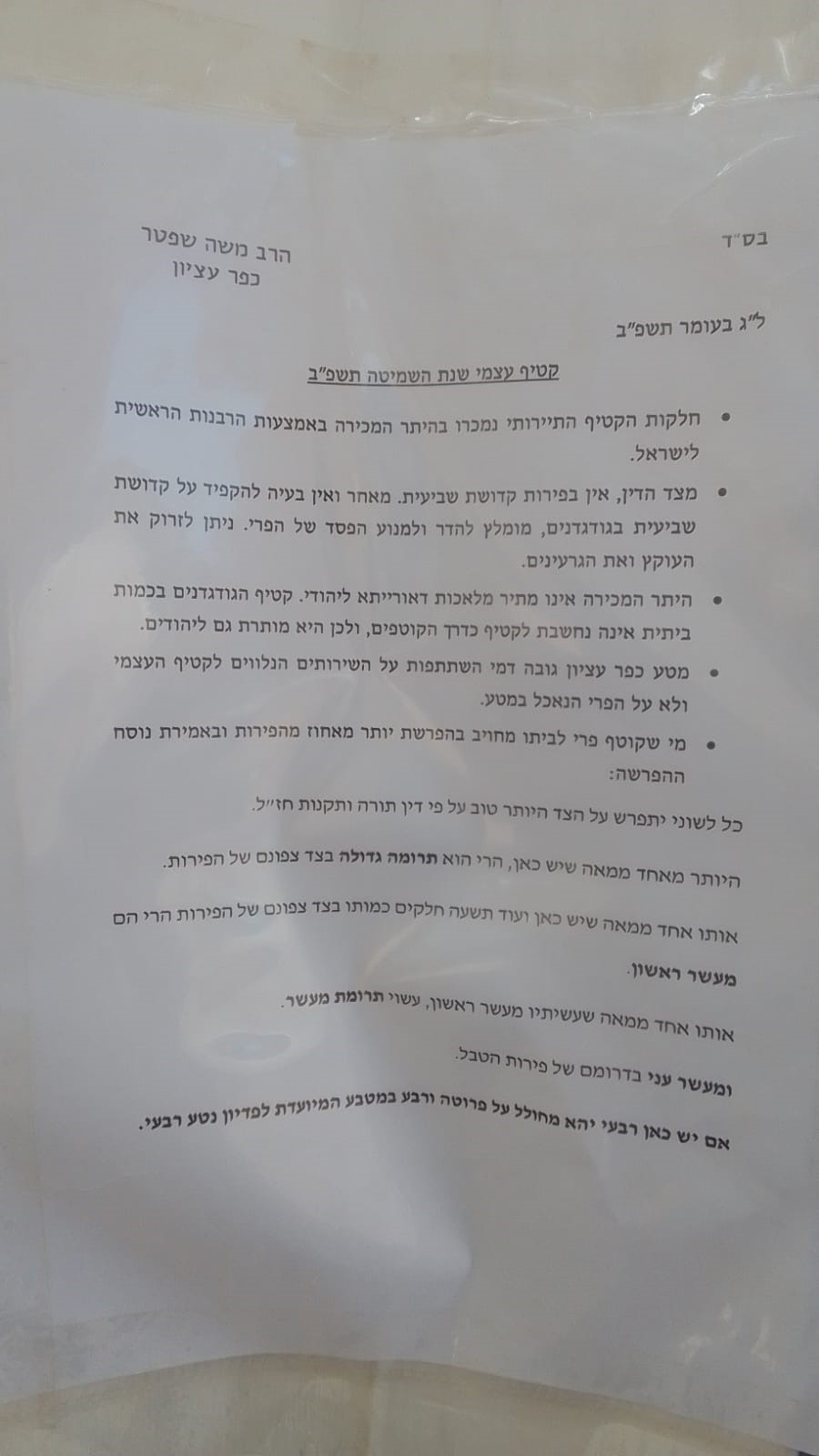
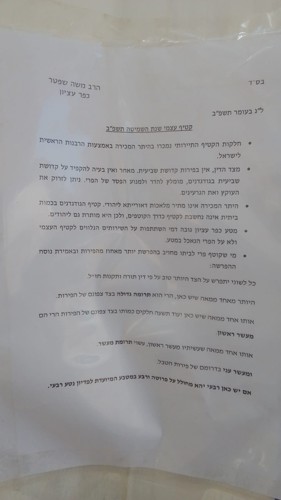

Here I will relate to those who do rely on heter mechirah. It is true that the Chief Rabbinate requires, even after heter mechirah is performed, that grain and grape harvest are performed by non-Jews, following the rulings of Rabbi Kook and others. This is what happens in most agricultural land in Israel.
I believe, when it comes to tourist harvest, you will be able to go cherry picking for the following reasons:
- Rabbi Shlomo Zalman Auerbach (see Sefer Hashemitah by Rabbi Tucazinsky 9:2, Ma'adanei Eretz 2-4) maintained that harvest may be performed by a Jew on land sold to a non-Jew through heter mechirah. Only acts linked directly to the tree or soil, such as planting, sowing, pruning, or plowing would need to be performed by a non-Jew. The problem with harvest is that it expresses ownership, but it is permitted after heter mechirah. This is because the produce is not sacred, the land belongs to a non-Jew, and the non-Jew is not required to relinquish ownership of his produce.
- There are even rabbis who permit a Jew to perform all of the Torah prohibitions in land sold through heter mechirah, including Rabbi Mordechai Eliashberg, Rabbi Shmuel Mohilever, and Rabbi Ovadia Yossef.
- It is permissible to harvest during shemitah in a way that is different than during the regular year and in a non-professional way. This is considered a shinuy and not the general manner of harvest. In this way it would be permissible to pick as many cherries as you want to eat.
- Whoever wants to be stringent (but does rely on heter mechirah) can pick only the amount of cherries that their family will eat during one week, just as one can pick this amount from trees that are ownerless during shemitah.
- It is important to separate terumot and ma'aserot from what you take home. During shemitah, without a blessing using the conditional text for ma'aser ani and sheni.
Conclusion: For those who do rely on heter mechirah, it is possible to be leneint. There are many rabbis who permit Jews to perform the melachot de'oraita on land sold through heter mechirah. If you want to be machmir, pick with a shinuy or only pick a week's worth of cherries for your family.


